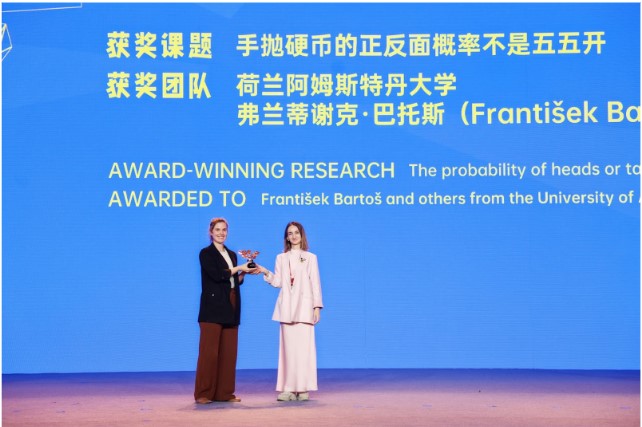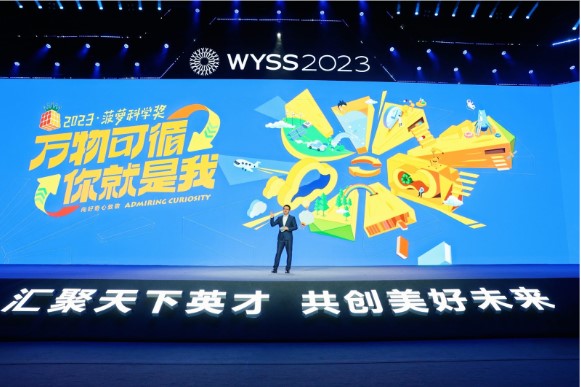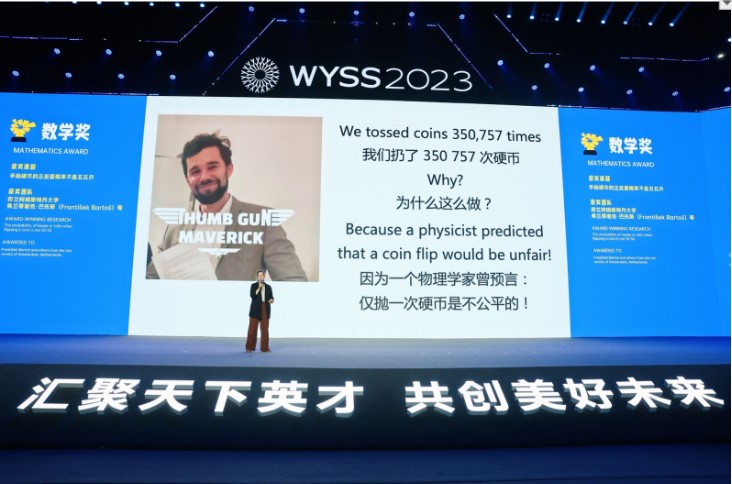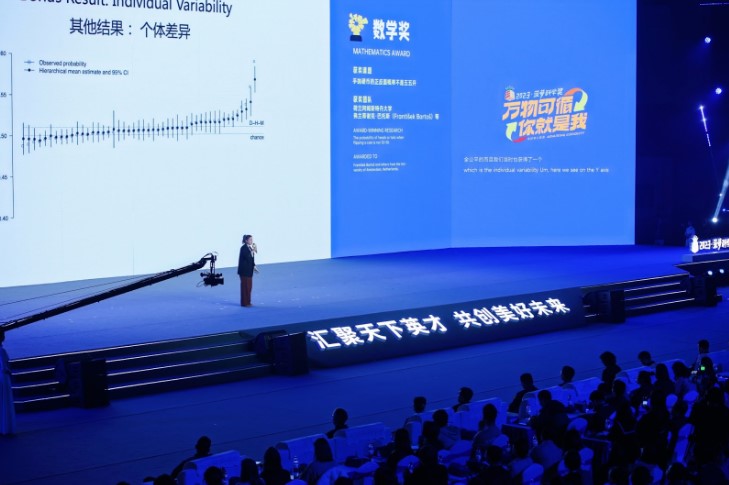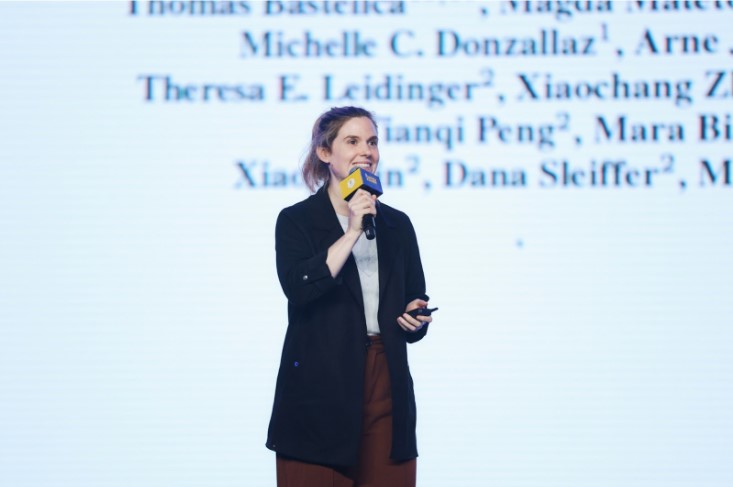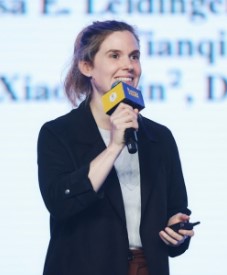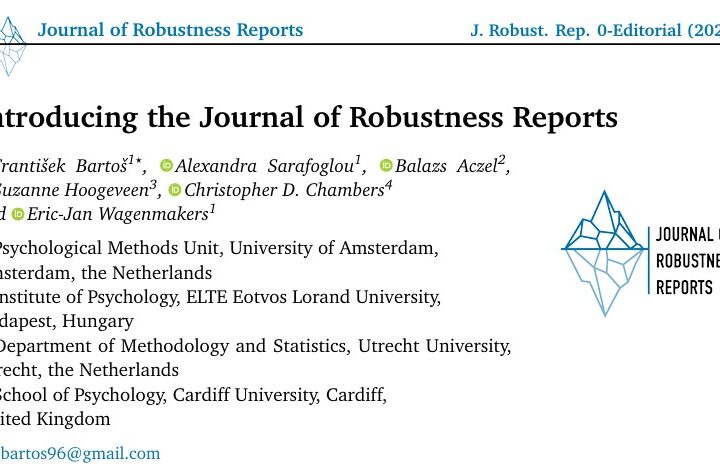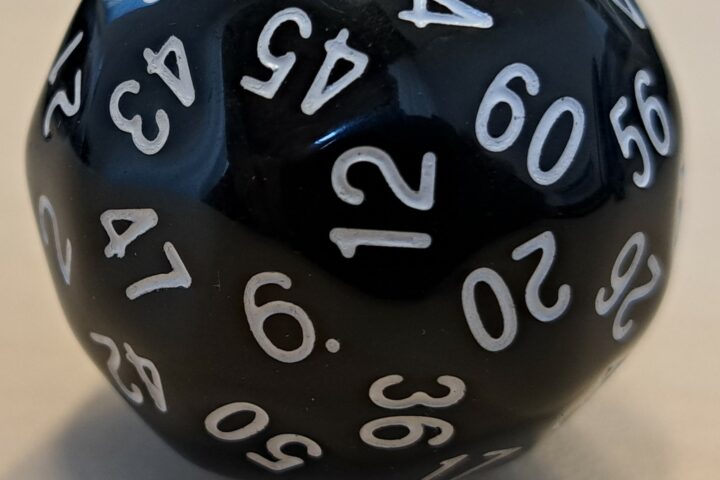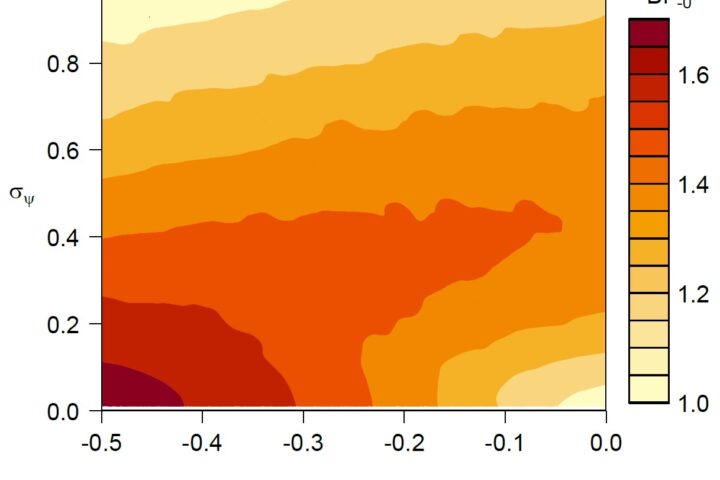Dear František Bartoš:
I’m Xu Rui, an employee of Zhejiang Science and Technology Museum, which is located in Hangzhou, Zhejiang province, China, a city not far from Shanghai. I’m writing this letter to sincerely invite you to attend the 12th “Pineapple Science Award”. We find your research <Fair coins tend to land on the same side they started: Evidence from 350,757 flips> very interesting. We hope you can accept the award in the math category.
This was the start of an email that reached us on November 1st. One week later I was on a plane to Whenzou, China.
The research that Rui refers to is described in our recent preprint. We tossed a variety of coins for a combined total of 350,757 times (an investment of roughly 650 hours, or 8 hours every day for 3 months) and the results provide empirical evidence for the hypothesis that coins tend to land on the same side they started (with a probability of about 51%). Although this research has made its way to news outlets (e.g., NYPost, the Economist, and the Süddeutsche Zeitung) and social media (e.g., TikTok and YouTube), we certainly did not expect to receive a prize for it – especially not a Chinese one!
The Pineapple science award could be thought of as the Chinese version of the IgNobel prize and awards funny research and methodology; their slogan is “admiring curiosity”. The ceremony itself was part of a larger event by the The World Young Scientists Summit (WYSS), a one-day conference and the biggest event in Wenzhou this year (a city with over 9 million inhabitants!).
If I am completely honest, I did not expect much from this event. Perhaps a modestly sized ceremony by a research organisation in a conference hotel. I certainly did not expect a television production, a professional host (I was told he was the most famous moderator in China), a red carpet, and what felt like a 30x8m screen to display my (fairly academic) powerpoint slides. The Pineapple award ceremony itself took place in the Olympic stadium in Wenzhou…
As the email states, our coin tossing paper won in the maths category – and won against research which counted the number of cells in a human body and research which estimated the total number of ants on earth. Aside from maths, the Pineapple award categories featured eight other categories such as medicine (plugging your hair makes your hair grow white faster), material sciences (invention of a super slippery toilet), and biology (bees like to play soccer). [continues below]
We were requested to make our talk as engaging as possible, show videos of the coin tossing process, and tell a story about the data collection. They even created a coin for each person in the audience to experience the act of flipping a coin – as I was told, Chinese people have not paid with cash in years so the act of coin flipping seemed somewhat foreign to them. Aside from an acute attack of imposter syndrome when I entered the venue and witnessed the massive setup of the ceremony, I had the most fun. The hospitality of the organisers was extraordinary, the event itself made me laugh, and our lab is now the proud owners of a Chinese fun Maths award in the form of a deconstructed pineapple. One can say we achieved the pinnacle (pineapple) of our careers. A live stream of the event is available here; the coin tossing part starts at about 30 minutes in!
References
Bartoš et al. (2023). Fair coins tend to land on the same side they started: Evidence from 350,757 flips. Preprint available at https://doi.org/10.48550/arXiv.2310.04153
Live stream of the award ceremony (coin tossing part begins at about 30 minutes): https://weibo.com/l/wblive/p/show/1022:2321324966963863749045
About The Author
Alexandra Sarafoglou
Alexandra Sarafoglou is a postdoctoral fellow at the University of Amsterdam.
